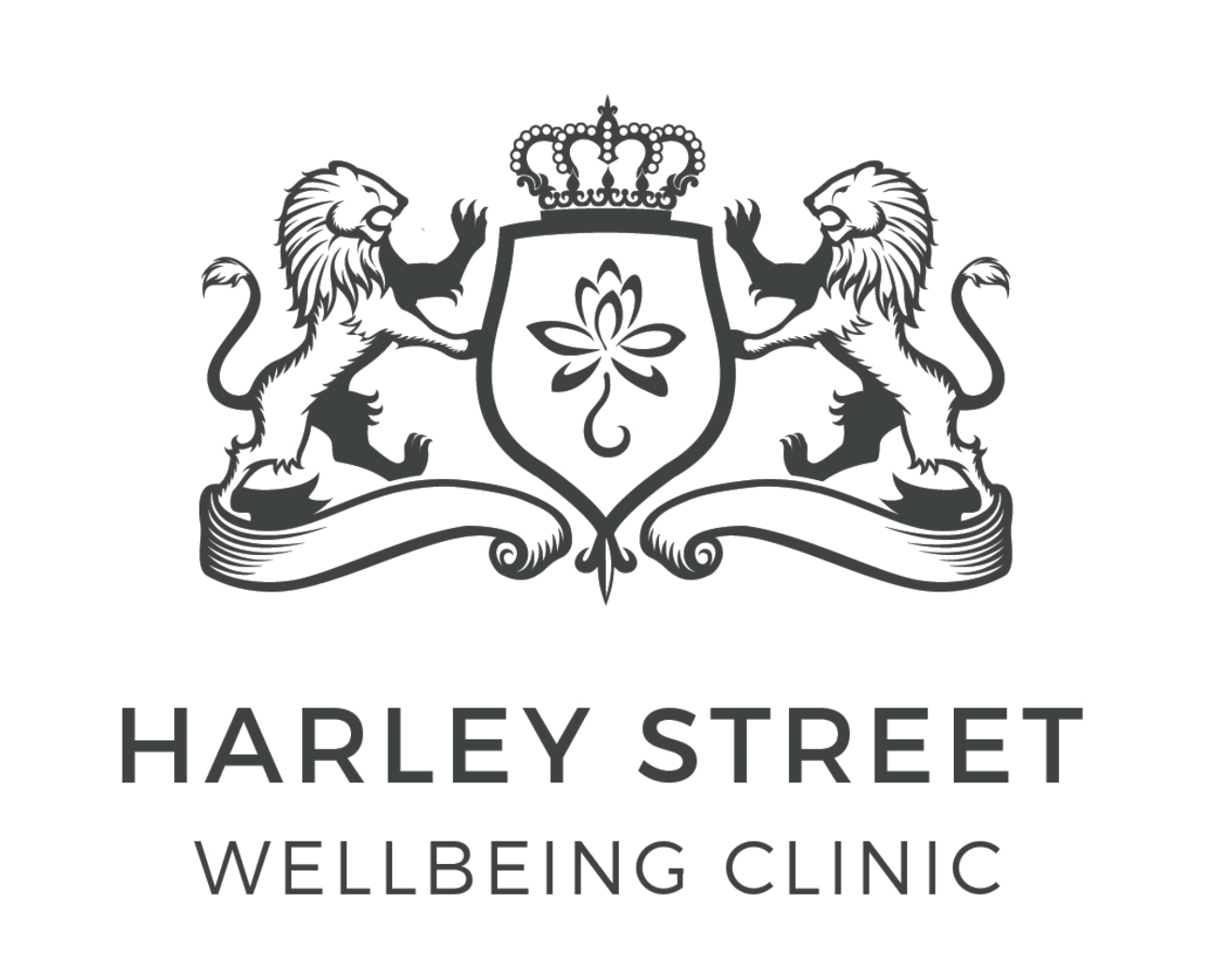Your wellbeing - is it all in your head?
/It is well known that the brain is an electrochemical organ, and the electro-chemical activity is displayed in the form of brainwaves.
But what are these brainwaves and what do they do?
Each brain wave helps us in optimal mental functioning and plays a large role in how successful we are at managing stress, focusing on tasks and getting a good night’s sleep to help us process new information, and relax, recover and rejuvenate.
They control a variety of states from deep sleep to active thinking. While all brain waves work simultaneously, one brainwave can be more dominant, determining your current state of mind. For example, if you are awake and relaxed you would be considered to be in an ‘Alpha state’ because your Alpha brain waves would be the strongest.
Brain waves
Throughout the day in your waking state, your EEG will display all 5 types of brain waves at the same time. However, one particular brain wave will be dominant depending on the state you are in. If one of our brain waves is either overproduced or underproduced in our brain, it can cause problems.
Alpha waves
Calm, relaxed, yet alert state
Alpha waves are the most dominant of all brain rhythms. Most people have some alpha activity in their EEG, especially when they close their eyes, turn the attention inwards and relax, promoting feelings of deep relaxation. This frequency aids calmness, mind-body integration, learning and overall mental coordination.
▪ Optimal state: Relaxation
▪ Too much: Daydreaming, inability to focus, too relaxed
▪ Too little: Anxiety, high stress, insomnia, OCD
Beta waves
Active, busy thinking, active processing, active concentration, arousal and cognition
Beta waves are dominant and commonly observed in the normal wakeful state, associated with thinking, problem solving and active attention directed towards cognitive tasks and the outer world. Having the right amount of beta waves allows us to focus and complete tasks easily and help us with critical thinking, writing, reading and socialisation.
Having too much beta may lead to us experiencing excessive stress and/or anxiety. When you have caffeine, energy drinks or other stimulants, your beta activity will increase.
▪ Optimal state: Conscious focus, memory, problem solving
▪ Too much: Anxiety, high arousal, inability to relax, stress
▪ Too little: daydreaming, depression, poor cognition
Theta waves
Meditation / relaxation, REM sleep
This particular frequency range is involved in daydreaming and sleep. It is the dominant brain rhythm of small children, in adults, theta waves normally appear only during dreaming or drowsiness, as well as during strong emotions. Theta has its benefits of helping improve our intuition, creativity, and makes us feel more natural. It is our gateway to learning and memory and is also involved in restorative sleep. As long as theta isn’t produced in excess during our waking hours, it is a very helpful brain wave range. Both when one comes close to unconscious memories during deep meditation and close to repressed feelings in therapy the theta activity tends to increase.
▪ Optimal: creativity, emotional connection, intuition, relaxation
▪ Too much: depression, hyperactivity, impulsivity, inattentiveness
▪ Too little: anxiety, poor emotional awareness, stress
Delta waves
Deep dreamless, restorative sleep, rejuvenating body
Delta is seen in new born babies, young children and in adults during deep sleep. The slowest recorded brain waves in human beings, associated with the deepest levels of relaxation and restorative, healing sleep. They are also involved in unconscious bodily functions such as regulating heart beat and digestion. As we age, we tend to produce less delta waves. Production of enough delta waves helps us feel completely rejuvenated after we wake up from a good night’s sleep. If there is abnormal delta activity, an individual may experience learning disabilities or have difficulties maintaining conscious awareness.
▪ Optimal: Strong immune system, natural healing, restorative / deep sleep
▪ Too much: Learning problems, inability to think
▪ Too little: Inability to rejuvenate body, inability to revitalise the brain, poor sleep
Gamma waves
Higher mental activity, including perception, problem solving, and consciousness
Gamma waves are the fastest brain waves relating to simultaneous processing of information from different areas of the brain. Studies have shown that Gamma brainwaves allow the brain to attain optimal performance, enabling a person to be at their best both physically and mentally. Healthy gamma wave activity has been associated with increased problem solving skills, compassion, self-control and intelligence.
Everything in our daily lives—from stress, poor diet, lack of exercise, trauma, the environment and more can cause our brain waves to become unbalanced.
So what does it mean for us?
When our brainwaves are out of balance, there will be undeniably problems in our emotional health and wellbeing. Over-arousal in certain brain areas is linked with sleep problems, anxiety disorders, nightmares, agitated depression, impulsive behaviour, anger problems, hyper- vigilance, chronic nerve pain and more. Under-arousal in certain brain areas can lead to depression, insomnia, attention deficit and chronic pain. A combination of these is often seen in cases of anxiety, depression & ADHD.
Our brain determines our emotional states, perception and our reactions to the world and events around us. How we react to things directly affects the resilience of our bodies, strengthening or weakening our ability to resist disease. This is why so many physical and emotional conditions stem from the mind and brain, and dealing with problems early on is so important.
So if you are experiencing difficulties in your life with your sleep quality, your mood, fears and worries or anxiety, being organised or staying focused, with with learning or behaviour, social or close personal relationships, trauma or bad memories, flashbacks, burnout or stress, get in touch with us and find out how we can help you. Read more here
If you have any questions or worries, get in touch with us today.
Call 079 00 66 55 22 or email clinic@harleystreetwellbeingclinic.co.uk







